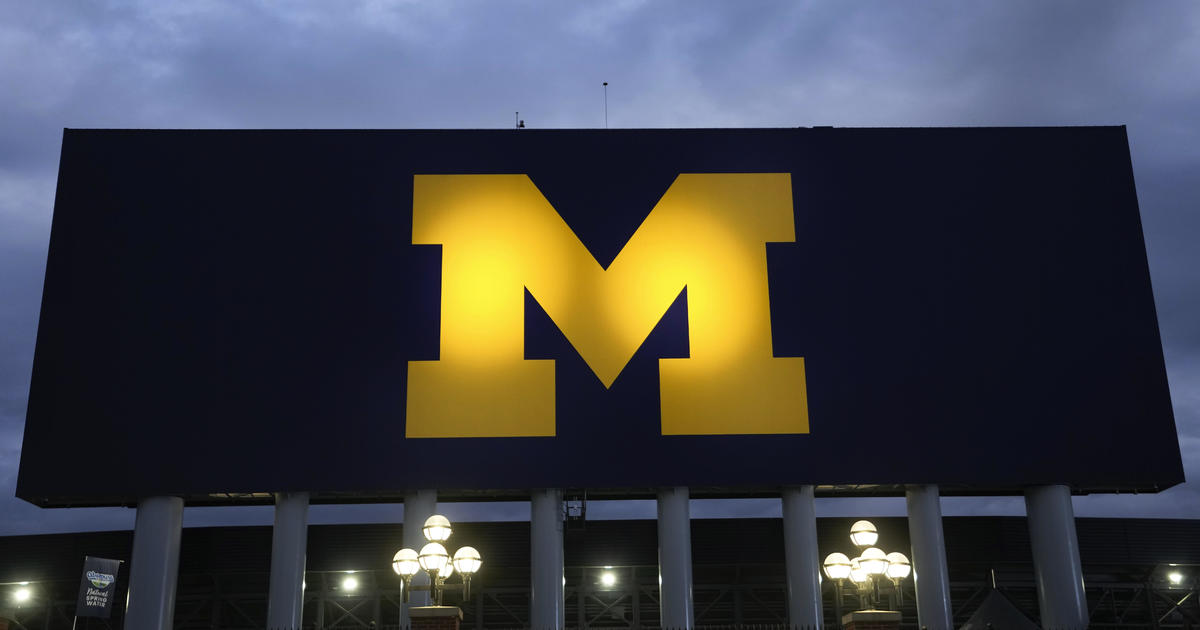Robotics Lab Opening Will Feature Demonstration Of Fall Detection
SOUTHFIELD -- Associate Professor C.J. Chung of Lawrence Technological University knows from personal experience how dangerous it can be to fall and not be able to get assistance. Last year he suffered a painful fall when he was recovering from a bone infection that had greatly reduced his ability to walk.
Chung teaches computer science at Lawrence Tech, and now he is working with graduate students on a fall detection and notification system that connects vision sensors with a computer.
The new system will be publicly demonstrated on Thursday, Dec. 15, from 12:30 to 2 p.m. during the opening of a new robotics lab of the Autonomous Robotics Institute for Students and Educators (ARISE). It is located in room M137 on the lower level of the Buell Management Building at Lawrence Tech.
In 2010, Chung lost the ability to walk and even stand up when he was hospitalized for two months with osteomyelitis, a bone infection. While learning how to use a walker and crutches, he fell and could not get up on his own. The fall delayed his recovery.
Chung is back on his feet again and walking normally, but he still remembers the feeling of helplessness when he couldn't notify anyone.
"It took only a few milliseconds for me to lose control of my body in my weakened state, and suddenly I was totally helpless," Chung recalled. "I realized the importance of being able to let someone know right away."
There are commercial fall detection and notifying devices that use accelerometers, which measure change of motion velocity. These detection devices must be carried by patients, there seems to be a high false alarm rate, and the service can cost $30 a month or more, according to Chung.
He believes a better complementary solution is to mount vision sensors in the home or care facilities that can monitor people. He started and is leading a research project with Christopher Kawatsu and Jiaxing Li, two computer science graduate students in his class, Intelligent Systems.
Using Microsoft Kinect vision sensors that cost between $99 and $150, the students have implemented software that can detect a fall. This system can also distinguish between falling and voluntarily lying down. The system can send a text message or a photo to a care provider and in the future may have the capability to send video.
Chung has demonstrated the system at Henry Ford Hospital in West Bloomfield where he hopes field testing will be conducted.
"There is a great need for an intelligent and inexpensive patient monitoring and notifying system because falling is such a widespread problem," Chung said.
According to statistics compiled by the Center for Disease Control: * One out of three adults age 65 and older falls each year. * Among adults 65 or older, falls are the leading cause of injury and death. * More than one in five people who fall suffer moderate to severe injuries such as hip fractures or head traumas.
Chung believes there is potential for additional use of computer vision such as the translation of gestures, sign language, and lip-reading for better communication with patients.
His ultimate goal is to expand the functionality of the system so that it can detect motions that may lead to a sudden fall.
"Prevention is really more important than detection," he said. "My next research goal is to add features to the system to help with preventing falls."
Lawrence Technological University, www.ltu.edu, offers more than 100 undergraduate, master's and doctoral degree programs in the Colleges of Architecture and Design, Arts and Sciences, Engineering and Management. Founded in 1932, the 4,500-student, private university pioneered evening classes and today has a growing number of weekend and online programs. Lawrence Tech's 102-acre campus is in Southfield, and programs are also offered in Detroit, Lansing, Petoskey, Traverse City and Toronto. Lawrence Tech also partners with universities in Mexico, Europe, the Middle East and Asia.
Caption for "chung.fall.detector": Lawrence Tech Associate Professor of Computer Science CJ Chung demonstrates how a Microsoft Kinect vision sensor can send video of his movements to a computer.



